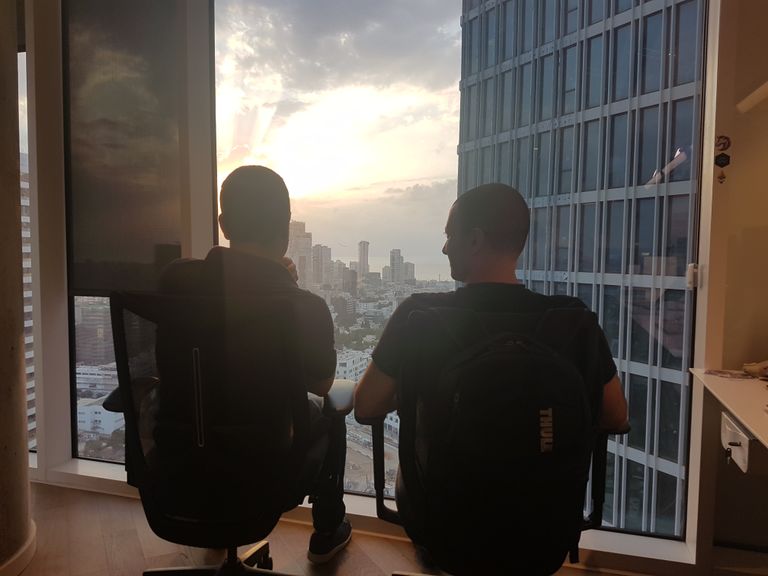Israel Central Bank Raise Rate on Shekel By 0.75%
The mortgage repayment will soar
The Bank of Israel's decision to raise the interest rate by 0.75%, the highest rate in 20 years, broadcasts a persistent war on inflation; The price for the mortgage holders: the monthly repayment will climb following the decision by NIS 140 per month on average. Since the beginning of the interest rate increases, the monthly price increase is NIS 330; The expectation from the move: a slowdown in the rise in housing prices
The Bank of Israel's decision to sharply raise the interest rate by 0.75% to a level of 2% stems mainly from the desire to convey to the markets that the bank is determined in its fight against inflation. The Bank of Israel could have found justifications and arguments to explain a more moderate interest rate increase of 0.5%, but it preferred that the message of an uncompromising war on inflation be clear and unambiguous, understandable to everyone, without asterisks, and without footnotes.
The Bank of Israel's interest rate hikes obviously make the public's mortgages more expensive. Indeed, the sharp increase increases the cost of the prime component of the mortgage, the exact increase depends on the length of time left to pay off the mortgage, and the amount of the loan in the prime route. On an average mortgage, at the amount of NIS 950,000, taken out in the last year and a half for 20 years, the interest rate increase last night made it more expensive by NIS 140 a month. The average mortgage price increase since the beginning of the interest rate hikes in March-April already stands at NIS 330 per month.
If you look at a relatively extreme calculation, which included a prime of about NIS 400,000 (40% of a NIS 1 million mortgage), which was taken out the previous month for 30 years, then last night's interest rate increase will make it more expensive by NIS 250 a month. In this case, the monthly increase for the loan taken out in March or April 22, will already be about NIS 650.
However, the housing market was probably one of the considerations that contributed to the aggressive interest rate hike, since the interest rate hike made mortgages more expensive and thus may reduce the rate of housing price increases or reduce the demand for new mortgages, the small one that will contribute to stopping the price increase. Last week the data on the rate of increase in apartment prices in the past year were published, the data taught about a rate of about 18%. The Bank of Israel does not believe that it should or can use the interest rate tool to lower or curb housing prices, but at the moment of truth when it is forced to decide between a moderate increase and a sharper increase, it is very possible that the fact that a more aggressive increase will contribute to curbing demand for the housing market, was a consideration for the interest rate increase .
The logic behind the decision to raise the interest rate so sharply is simple. Currently, the risk of an inflationary outbreak is higher than an excessively high interest rate increase. Or in other words, as of today under conditions of uncertainty, the price of a mistake in the face of inflation is higher than the price of a mistake in the face of the economy
